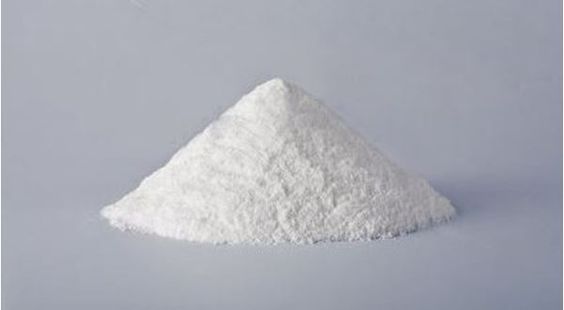Calcium carbonate is a chemical compound with the chemical formula CaCO3. It is a common substance found in rock in all parts of the world, and is the main component of shells of marine organisms, snails, pearls, and eggshells. Calcium carbonate is the active ingredient in agricultural lime, and is usually the principal cause of hard water. It is commonly used medicinally as a calcium supplement or as an antacid, but high consumption can be hazardous.

Produced by crushing, grinding, precipitation, and classifying high purity, white, calcite limestone.
Formula: CaCO3
Calcium Carbonate (CaCo3) Mineralogy:
Calcium carbonate ores can be found in two of the three major types of rocks: sedimentary and metamorphic. Sedimentary rocks, as the name suggests, form from sediment or from transported fragments deposited in water. Limestone, for example, is formed from inorganic remains, such as shells and skeletons. Metamorphic rocks—such as marble, slate, quartzite—form when a rock mass is subjected to great heat and pressure.






